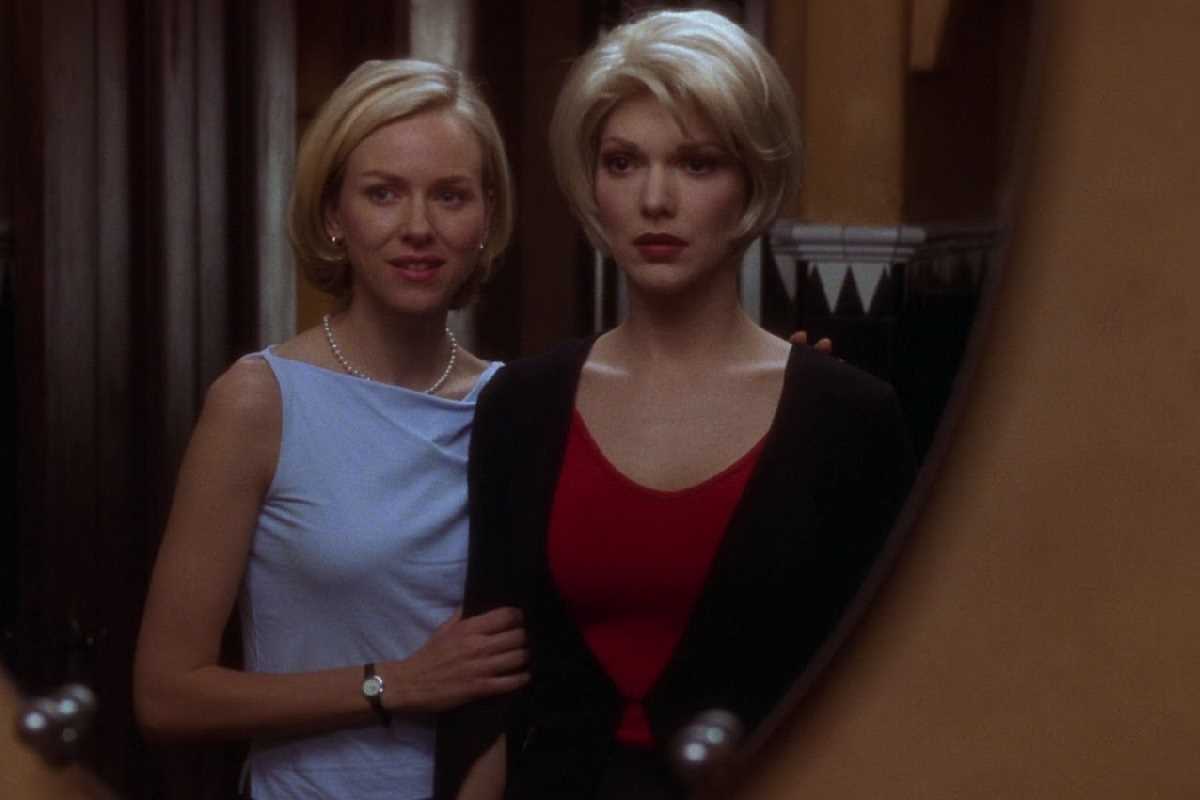HBO’s Succession is a masterful exploration of power dynamics within a wealthy media family. The show centers on the Roy family, owners of the global conglomerate Waystar Royco, grappling with the possibility of patriarch Logan Roy stepping down. The series delves into the personal and professional struggles of the Roy children, employees, and outsiders as they maneuver for control. Through sharp writing and complex characters, Succession offers an insightful portrayal of how power is obtained, maintained, and lost, blending corporate intrigue with personal ambition and exposing the vulnerabilities behind the facade of power.
Logan Roy
Logan Roy is the central figure in the power dynamics of Succession. He is a patriarch who has built his empire through fear, manipulation, and control. His authoritarian leadership is marked by his ability to keep everyone in check, from his children to the top executives of Waystar Royco. Logan's power is rooted not just in wealth but also in his manipulation of those around him.
- Fear and Intimidation: Logan rules through fear, ensuring loyalty by punishing those who challenge him, often in brutal and unpredictable ways.
- Control Over Information: Logan hoards information to maintain his position, keeping everyone guessing and reinforcing his decision-making role.
- Emotional Manipulation: His tactics include emotionally manipulating his children to keep them desperate for his approval and keep them from challenging his authority.
The Roy Children
The Roy children are central to the power struggles in Succession. Each vying for control of Waystar Royco while grappling with their own personal issues, their ambitions are tempered by deep-seated insecurities, particularly their desire to gain their father’s approval.
- Kendall Roy: Kendall is the eldest son, always striving to prove himself worthy of taking over the company. His journey is defined by insecurity, self-doubt, and an almost desperate desire to prove himself to his father. Despite his ambition, his weaknesses often undermine his chances.
- Shiv Roy: Shiv, the only daughter, initially works outside the business but seeks to carve out her own path to power. She struggles with being taken seriously in a male-dominated environment and often uses her intelligence and political savvy to maneuver for control.
- Roman Roy: Roman is often seen as the least serious contender, yet his charm and wit allow him to gain influence in subtle ways. His immaturity contrasts with his desire for power, making him a more unpredictable player in the game for control.
The siblings' dynamics are marked by fierce rivalry, betrayal, and backstabbing. Their shared ambition to take control of the company, combined with their complicated relationships with Logan, creates a toxic environment where trust is scarce and alliances are formed out of necessity.
Corporate Power: The Role of Waystar Royco
The power of Waystar Royco extends beyond the Roy family, influencing global media, politics, and culture. The family’s battle for control reflects broader themes of corporate power and its impact on society. Throughout the show, the Roys’ rivalries mirror the corporate intrigue of the media world, where influence and public perception are intertwined.
- Corporate Influence on Family Dynamics: Waystar Royco is more than just a family business—it is an entity that defines the Roys' identities. Each character seeks to control for personal gain and to steer the company’s massive influence.
- External Power Struggles: The potential acquisition of Waystar Royco by external players like Sandy Furness adds a layer of complexity to the power dynamics. This external pressure forces the Roys to contend with outside forces, increasing the stakes of their internal struggles.
The role of Waystar Royco as both a family legacy and a corporate juggernaut emphasizes how power in the world of Succession is not just personal—it is institutional. The company represents the power that shapes the global landscape, influencing everything from media narratives to political campaigns.
Power and Corruption
A key theme in Succession is the corrupting nature of power. As each character strives for control, they make morally questionable decisions, highlighting the sacrifices they are willing to make to gain dominance. Logan's manipulation of his children is not just a means to control them but a demonstration of how power can erode familial bonds. Similarly, Kendall's repeated failures and eventual betrayals show the lengths people will go for the power they crave, even at the cost of their integrity.
- The Corruption of the Roy Children: Kendall’s struggle with self-worth and willingness to betray his family for a shot at the top exposes power's corrosive effect. Similarly, Shiv’s increasing willingness to manipulate others as she climbs the ladder shows how ambition can distort one's values.
- The Ethics of Corporate Power: The ethical implications of corporate power are explored through the Roy family's involvement in scandals, like the cruise ship sex abuse cover-up. These ethical lapses show how power can perpetuate a culture of corruption that thrives on secrecy, control, and a lack of accountability.
In Succession, the pursuit of power comes at a great cost. The characters’ moral compasses are continually tested, and the line between ambition and corruption often blurs.
 (Image source: HBO Entertainment; Gary Sanchez Productions)
(Image source: HBO Entertainment; Gary Sanchez Productions) .jpeg)





